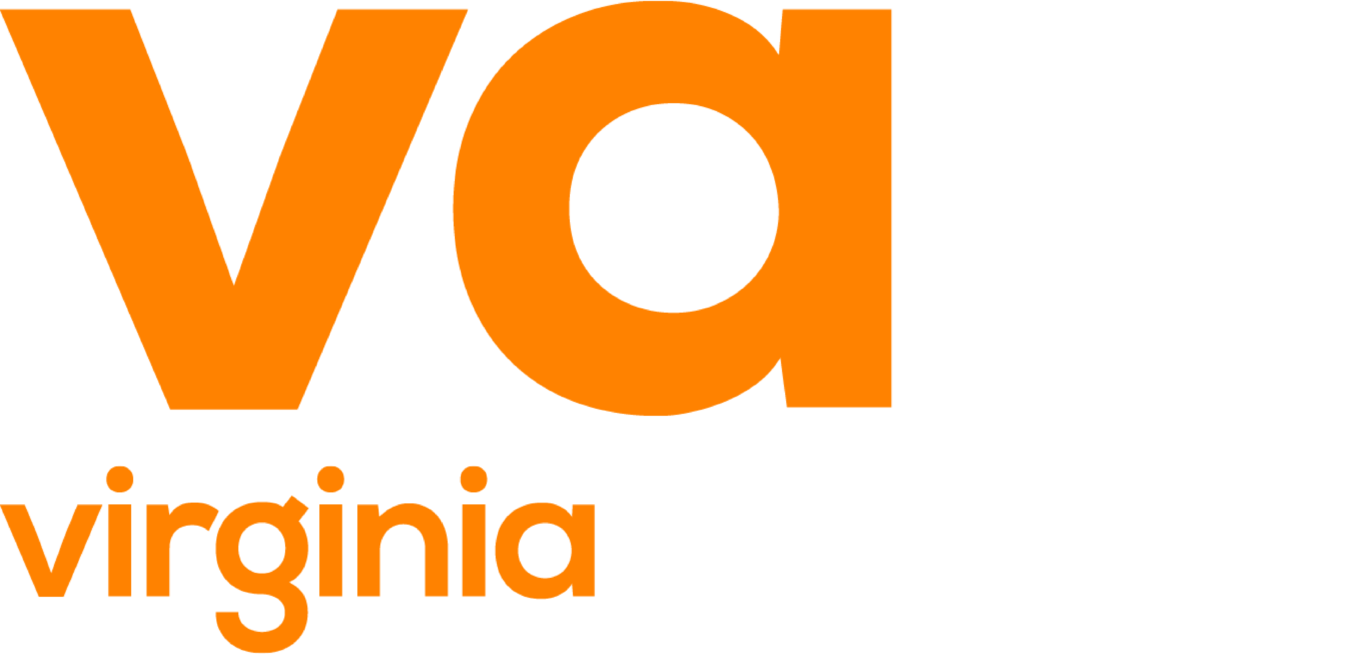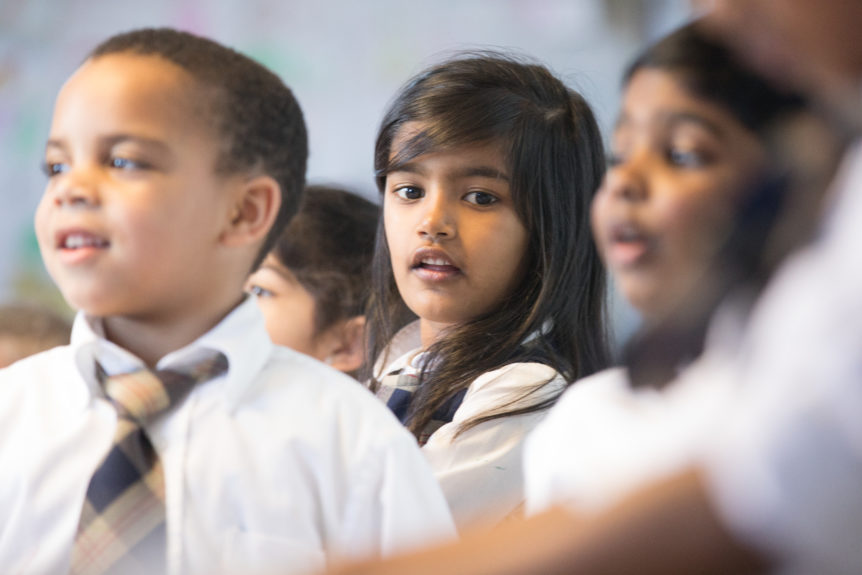First grade is an exciting time for your child! For a child that’s 6-8 years old, words and reading comprehension take center stage in the classroom. A life-long love affair with books can really start to take root in first grade. Here’s a quick guide to where your child is at developmentally in first grade, as well as what they’ll be learning in school.
Important Milestones for 6-8 year-olds
Fine Motor Skills
First grade marks a time of improved large motor and fine motor skills. Most children gain strength and stamina this year, though they may still be clumsy. They begin to build coordination, rhythm, and fine motor abilities like improved handwriting.
Important Cognitive Milestones
During first grade, many children start to learn to think things through on their own before making decisions. They want to find answers to their own questions through independent investigation. They can also start to learn concepts and facts from listening and reading, rather than only from first-hand experiences. According to Dana Sullivan with Baby Center, first graders can often:
- Read a number of sight words and sound out and read other words.
- Begin to have a better sense of time; understand increments of time in terms of days, weeks, months, and seasons.
- Start to show specific learning strengths—the ways they learn best.
Important Verbal Milestones
During the first grade year, many children have mastered language enough to use long, complicated sentences to talk about the past, present, and future. If they have not yet learned to read, this is often the year that the concepts of reading and writing begin to take root. Nurture these skills by reading together every day!
Important Academic Milestones
While every child learns in different ways and at a different pace, first-grade curriculum will teach your child to:
- Print uppercase and lowercase letters accurately.
- Print from left to right and to work from the top to the bottom of the page.
- Print their first and last name, with correct capitalization.
- Write clear, coherent sentences and paragraphs that develop an idea.
- Use adjectives when writing a sentence.
- Write several sentences about a specific experience.
- Read about 100 words.
- Ask questions about something they’ve read.
- Sound out unfamiliar words.
- Understand the difference between words, sentences, and paragraphs.
- Read contractions and compound words.
- Respond to “who,” “what,” “where,” and “how” questions.
- Follow one-step written instructions.
- Figure out what unfamiliar words mean through context.
- Use basic punctuation.
- Pronounce consonant and vowel sounds.
- Sound out consonant blends.
- Identify the main character, setting, and events after reading or hearing a story.
- Read and explain their own writing.
- Read different types of literature such as fiction, nonfiction, and poetry.
Nurturing Your 1st Grader’s Intellect at Home
- Read, read, read! Read out loud with your child every day and encourage independent “reading.” (Even if that just means flipping through books and looking for sight words.)
- Practice writing in fun ways. Have your children write notes and cards to friends and relatives.
- Indulge their creative minds by playing make believe. Have your child describe a fun scenario in as many details as possible, using new adjectives and descriptive talk.
Gauging Physical & Intellectual Milestones
It’s important to remember that every child is different, and there is a huge range of what’s considered “normal” when it comes to children hitting their physical and intellectual milestones. Each child will develop at their own unique pace, so don’t worry if there is a variance compared to other children. Your child’s pediatrician can offer more insights and address any concerns you may have, so don’t hesitate to bring it up at your next visit.
Virginia Academy Does First Grade Right
Choosing a school environment where your child will learn and grow through the years can be a daunting task. Setting a solid foundation for their education is key to their success later in life. At Virginia Academy, we value the personal relationships that children build with their teachers from the very beginning. Building trust at a young age influences how receptive they are to learning new concepts in every grade. Learn more about Virginia Academy here.


